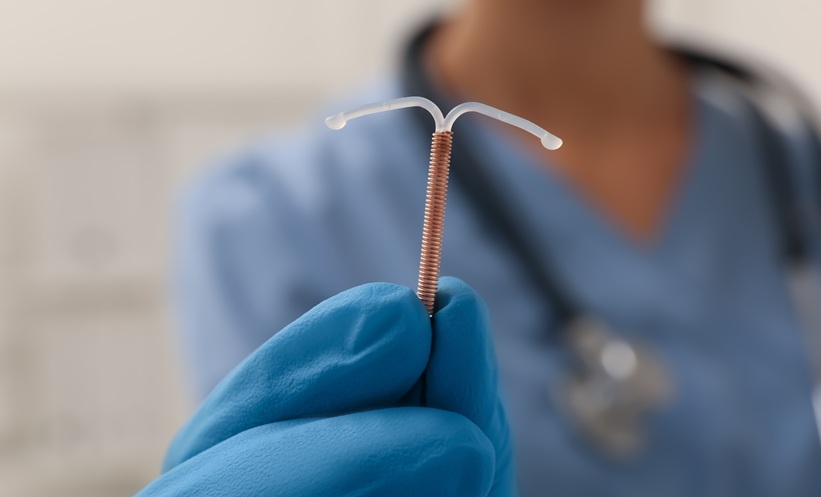NEW research underscores the importance of daily physical activity in supporting long-term health and survival in women after cancer. The Women’s Health Accelerometry Collaboration study, published in JNCI Cancer Spectrum, reveals that even light daily movement can make a meaningful difference to postmenopausal cancer survivors.
The study followed 2,479 women, average age 74, who had been diagnosed with cancer at least one year prior. Using accelerometers, researchers measured how much participants moved and sat each day—and linked this data to mortality outcomes over more than eight years.
Women who engaged in higher total physical activity had significantly lower risks of dying from all causes, while those who spent more time sitting faced increased risks. Each additional 96.5 minutes of movement per day reduced all-cause mortality by 11%. Conversely, just under two extra hours of sitting daily increased the risk by 12%.
Importantly, the benefits were achievable with moderate effort: walking 5,000 to 6,000 steps per day was associated with the lowest risk of death, especially from cardiovascular disease. Women who took this number of steps daily had a 34% reduced risk of cardiovascular mortality.
While cancer-specific mortality was not significantly impacted in this cohort, the broader findings highlight how critical physical activity is for women’s recovery and longevity after cancer. Moderate movement—like walking and light household tasks—can have a protective effect well into later life.
“These results spotlight physical activity as a cornerstone of women’s health post-cancer,” the authors wrote. “Even small increases in daily movement can offer substantial benefits.”
Healthcare professionals are encouraged to integrate movement guidance into survivorship care plans, empowering women to reclaim control of their health through accessible, everyday activity.
Aleksandra Zurowska, EMJ
Reference
Hyde ET et al. Accelerometer-measured physical activity, sedentary behavior, and mortality among cancer survivors: the Women’s Health Accelerometry Collaboration. JNCI Cancer Spectr. 2025 Apr 30;9(3):pkaf034.








